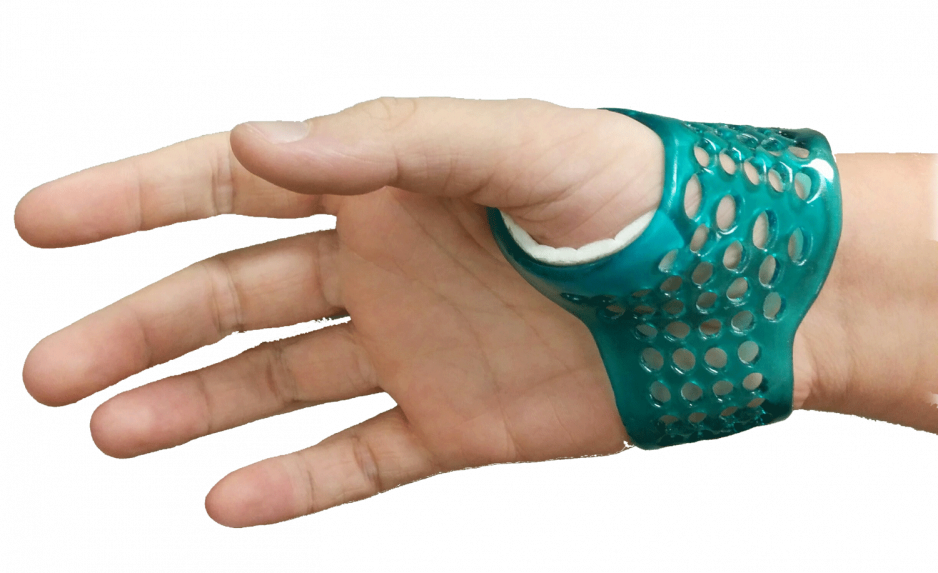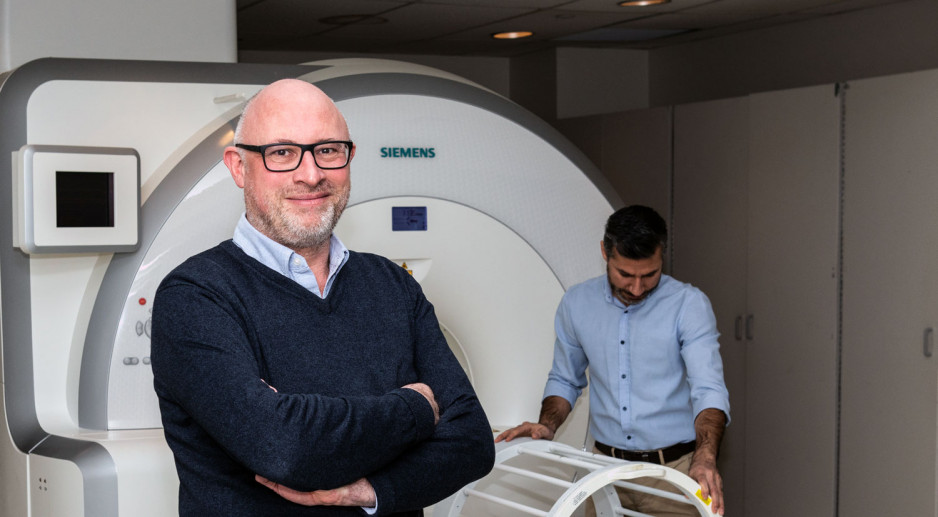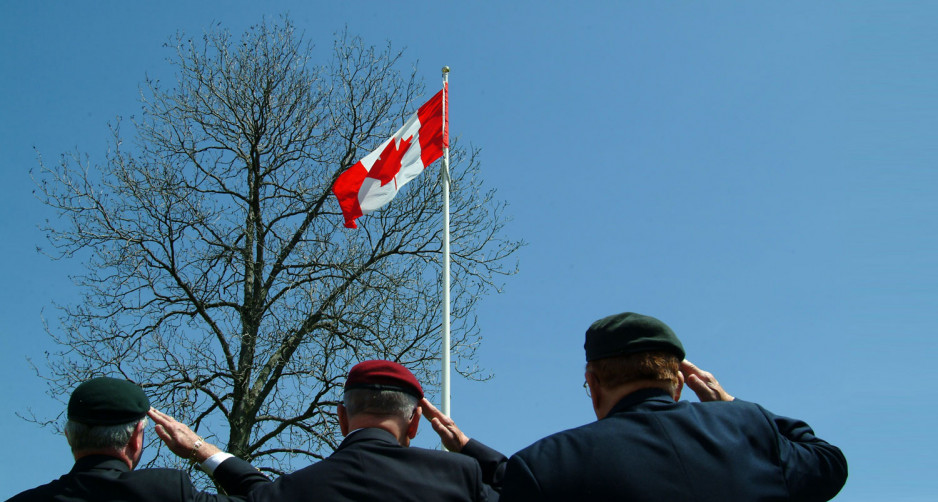Your generosity wrote the next chapters in medical research
Donor support kick-started research studies across St. Joseph's that are improving care and changing lives - here in London and around the world.
Customizing a Bold New Approach for Hand and Wrist Injuries
Wearing a hand splint can help patients recover from an injury, surgery or manage pain. In the past, custom splints were molded from plastic – a time-consuming process for therapists – and patients often found them uncomfortable to wear.
Wielding the power of new technology thanks to donor support, Dr. Louis Ferreira of the Roth | McFarlane Hand and Upper Limb Centre has transformed the splint-making process. A first of its kind in Canada, he’s using an instant scanner, virtual software and one of the world’s fastest 3-D printers to create comfortable, breathable splints in minutes that people actually want to wear – saving time and promoting faster healing.
Finding the Right Treatment for Heart Failure
Heart failure happens when the heart is damaged or weakened. It can lead to sodium build-up and life-threatening fluid retention. Diuretic medication rids salt from the body, but there has been no way to predict the right dose – until now.
Donor support made it possible for Dr. Chris McIntyre (pictured above), researcher at Lawson Health Research Institute, to build a specialized nuclear coil for use in the PET/MRI to image sodium in the kidneys and personalize treatments for heart failure. This project is Canada’s first.
Dr. McIntyre’s team is using the coil to predict a patient’s medication response through imaging. This personalized approach to care will increase the success of treatment by helping to calculate the right medication dose – improving outcomes and safety for people living with heart failure worldwide.
Advancing Care for Operational Stress Injuries
Donor support is helping St. Joseph’s researchers like Dr. Don Richardson build a better understanding of operational stress injuries (OSI) – changing the lives of Veterans, members of the Canadian Forces and their loved ones. The research team at the MacDonald Franklin OSI Research Centre are uncovering new and improved ways to diagnose and treat mental health challenges like posttraumatic stress disorder. These are just a few of the studies made possible thanks to the generosity of donors:
- The Veteran Pandemic Study, looking at the impact of the pandemic on Veterans and how they perceive their experiences with health care.
- Studying the benefits of internet-delivered cognitive behavioral therapy for Veterans and military personnel living with post-traumatic stress disorder, to increase access to care.


